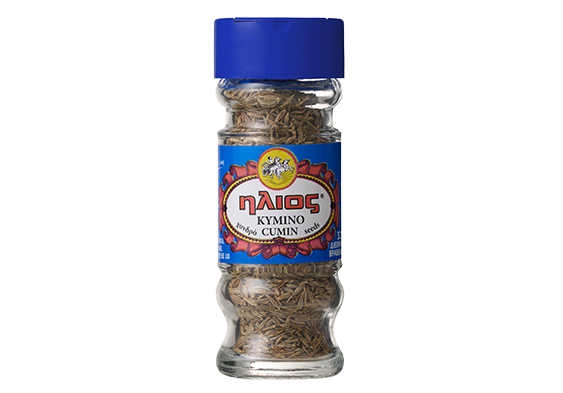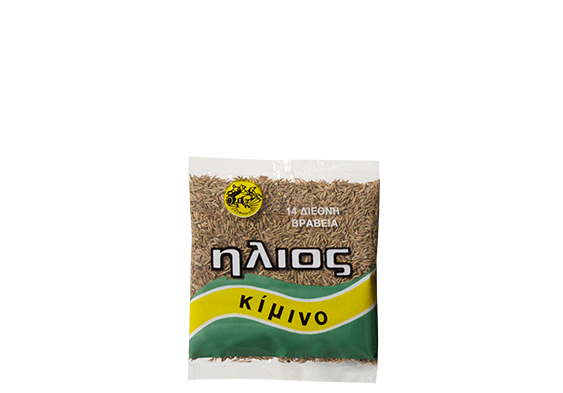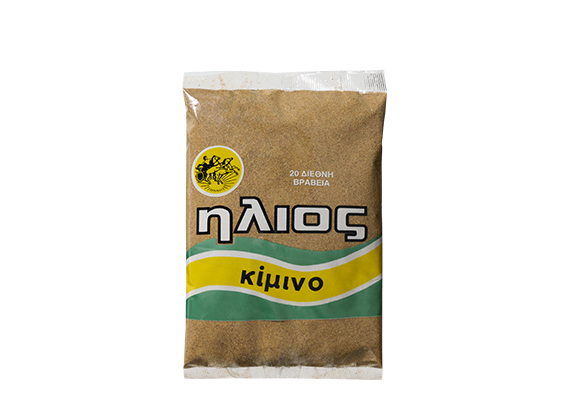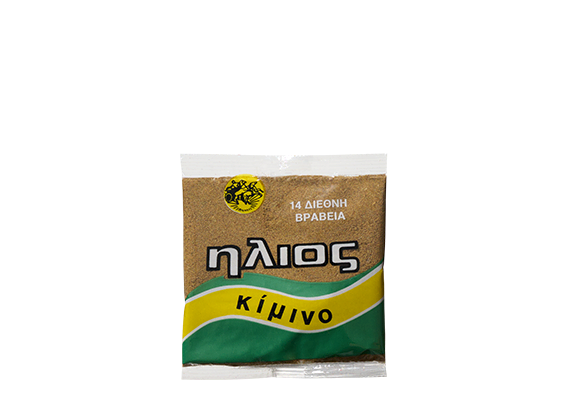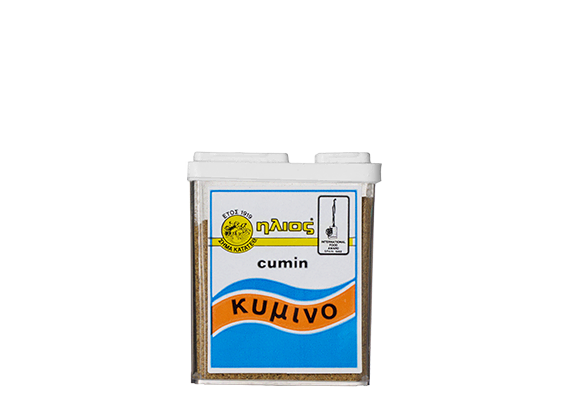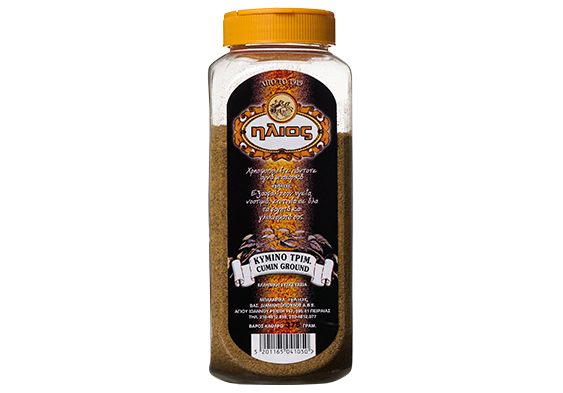Cumin was cultivated in the Mediterranean region and was widely used by the Greeks, the Romans, the Egyptians, the Persians, and almost everyone living in this area. As it usually happens with spices that have been used for thousands of years, cumin seems to offer a number of potential health benefits, being an anti-glycation agent, an antioxidant for osteoporosis, and more. Cumin was also used as a substitute of the expensive black by the people who could not afford it, so why not look at it the same way and add it to dishes we had never thought before? Cumin and omelet. Cumin and sweet potatoes. Cumin and homemade meat broth for a nice, warm drink before sleep. If something is seasoned with black pepper, try it with cumin – not necessarily for the health benefits, but just for a nice change.
Health Benefits
Cumin is suitable for treating the stomach ache, is diuretic, stimulant, astringent, and antispasmodic. It can treat indigestion, diarrhea, and hoarseness, while it can also relieve flatulence and colics. In the West it is used in the veterinary medicine, removing gases, but in the East it remains a traditional herbal remedy.
It has been proved that cumin is effective in the treatment of the carpal tunnel syndrome, diarrhea, indigestion and morning sickness.
